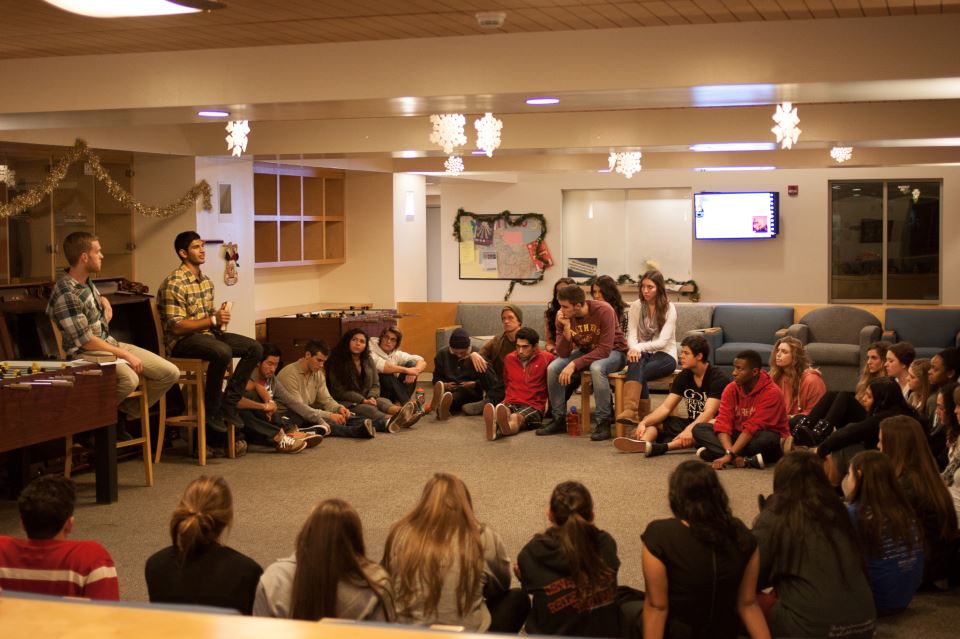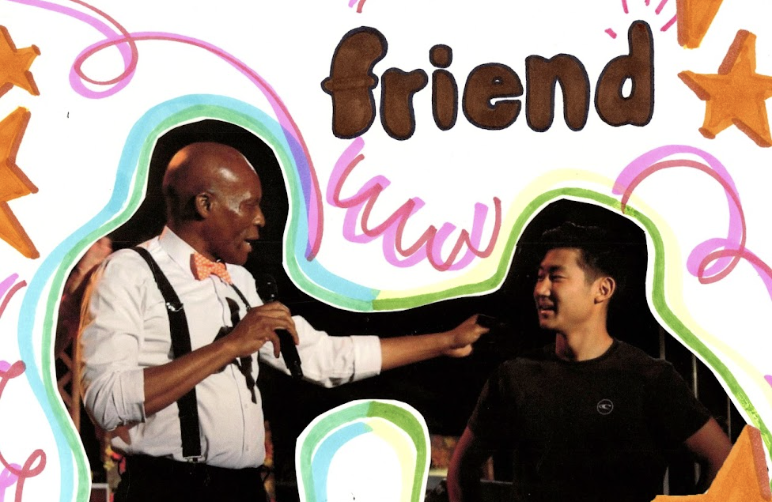
Humans desire community — with friends, with family, with church bodies, with spouses. Most everyone finds himself in community in some way or another. Humans are born into it. But community isn’t always good, and it doesn’t always work well. Communities ranging from high school cliques to the now-defunct Soviet Union evidence the destruction that bad community can sow. In light of such disasters, both large and small, one might wonder — how does rich, life-giving, growth-inducing community come about?
In his 1982 essay, “Poetry and Marriage: The Use of Old Forms,” Wendell Berry draws an analogy between the institution of marriage and the craft of poetry. He suggests that they are united by a shared element: the element of form. Forms have two elements, a law and a promise. When one sets out to write a poem or to marry, there are certain laws that must be followed. In Berry’s words, “definitions — settings of limits — are involved.” In marriage, a man is limited to one woman, and however great the temptation might be to leave after a fight, he cannot. In poetry, the poet is limited to a structure, and however great the temptation might be to leave a line unrhymed, she cannot.
But paired with these laws, these limits, is a promise. The promise is that by submitting to the laws of the form, a world of opportunity is opened that was not present before — a deeper relationship or a richer verse than could have been had before entering into the form. The two elements of form cannot be had individually; “to forsake the way is to forsake the possibility.”
Marriage and poetry are both predicated on forms, but they are not the only forms in the world. Another has existed as long as both — community. In its many forms, community has imposed limits and opened possibilities for thousands of years. Christianity has a long tradition of communal forms, ranging from the Old Testament tribes to the early church to monastic orders.
In the vein of that tradition, Biola offers its students a form of community as well. The form sets out a law requiring students to take 30 units of Bible classes, to refrain from drinking and smoking, to go to chapel and stay the whole time. And it offers a promise: If you do these things, possibilities will open up. God will meet you and you will grow. As with marriage and poetry, the promise cannot be had without the law; “to forsake the way is to forsake the possibility.”
If you’re new and wondering where to find community at Biola or if you’re on your way out and wondering how you missed it, take a look at the form that Biola has to offer. The demands it makes can be frustrating. The tendency to skip chapel in favor of last-minute homework will not lessen as you progress through your years at Biola. You will always have chances to complain about your Bible courses and GE requirements. The opportunity to break contract with friends will always be around.
But in the moments when those temptations are most appealing, consider the cost. To break the form is to give up the possibility. This does not mean that you give up the chance of community or the Christian life or a close walk with God. But it does mean that breaking contract, skipping chapel and cutting corners on schoolwork comes with a price: the price of the possibility of growth through submission to this form. Ultimately, this is the promise of a teacher, the promise of education, the promise of Biola — “do things our way, and you will grow.” You’re here now, for eight semesters or for one. Take the challenge: Follow the form, submit to the law and gain the promise. It’s never too late to begin.







